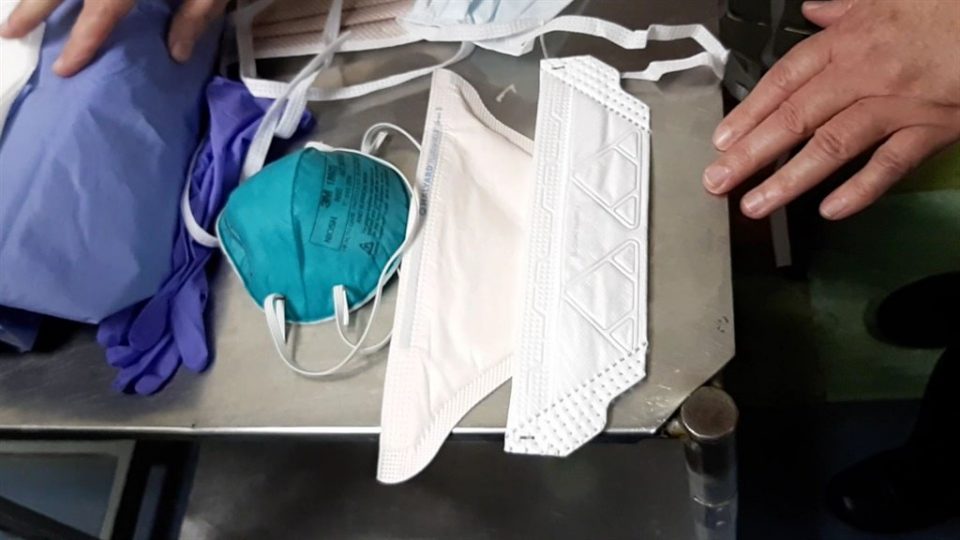The South African government has ramped up its procurement drive amid the coronavirus outbreak, to ensure a steady supply of essential medical equipment and stock for hospitals as the rate of infection starts to increase.
On Monday night, President Cyril Ramaphosa announced sweeping regulations and a 21-day lockdown, starting at midnight on Thursday.
Behind the scenes, National Treasury, the health department and private stakeholders are working to secure enough medical equipment to prepare the healthcare system, which is expected to be overwhelmed in the coming weeks, projections show.
To facilitate emergency procurements, Treasury issued an instruction note last Thursday, telling accounting officers how the procurement of hundreds of thousands of masks, gloves, face shields, protective suits and a range of other medical equipment should be undertaken.
A key advisor to Ramaphosa revealed this week that one of the president’s main concerns was potential corruption, linked to emergency procurement.
Other than the normal protective equipment, of interest are three suppliers who were asked to supply powered air-purifying respirators (PAPR’s) at prices ranging from R24 000 to R29 000 each.
LIVE | Govt answers questions on SA’s nationwide lockdown measures
These devices, worn in conjunction with a hood and body suit, allow healthcare workers to work safely with patients who have contagious and dangerous diseases, while they breathe fresh air.
Treasury envisaged that South Africa could require 22 000 of these.
One supplier, Tara Technologies, has been identified for the supply of 20 000 of the respirators at R29 500 each, according to Treasury documents.
If the full 20 000 are ordered, Tara will be paid R590 million.
The other two suppliers are seemingly out of stock, but were identified for only 1 000 units each, at R24 000 each.
Using emergency regulations, Treasury now allows the relaxation of normal procurement procedures to ensure a secure supply of necessary medical equipment – but curtailed this to a list of suppliers Treasury will regulate.
The health department and private healthcare providers are also in regular talks regarding the best way to increase capacity at state hospitals.
News24 understands that there are various options on the table, including the conversion of hotels into hospitals and the sharing of bed space between the private and public sectors.
Furious efforts are under way to increase stock of testing kits and related equipment.
New equipment
Last Thursday, Treasury’s Office of the Chief Procurement Officer published, together with the instruction note, a list of prices and suppliers already contracted to government under transversal contracts and several new suppliers for other equipment not generally procured.
While most of the suppliers are local companies, they source the goods from countries such as Germany, Malaysia, China, India and the USA.
A close look at the suppliers shows that the only goods to be procured that are manufactured locally are high-quality latex gloves and large amounts of disinfectant chemicals and hand sanitiser.
While other suppliers are local, they import from other countries.
Any institution – municipalities and provincial or national departments – can simply order any of the equipment necessary from any one of several suppliers, at pre-negotiated prices, under the transversal contracts.
The procurement could be done under deviation clauses in the Public Finance Management and Municipal Finance Management acts, bearing in mind they would have to report the deviation within 30 days to their provincial or national treasury departments.
The note and documents can be found on Treasury’s website.


